How to take hydrangea cuttings to double your beautiful blooms
Follow this simple expert guide to get the most out of your hydrangeas this season
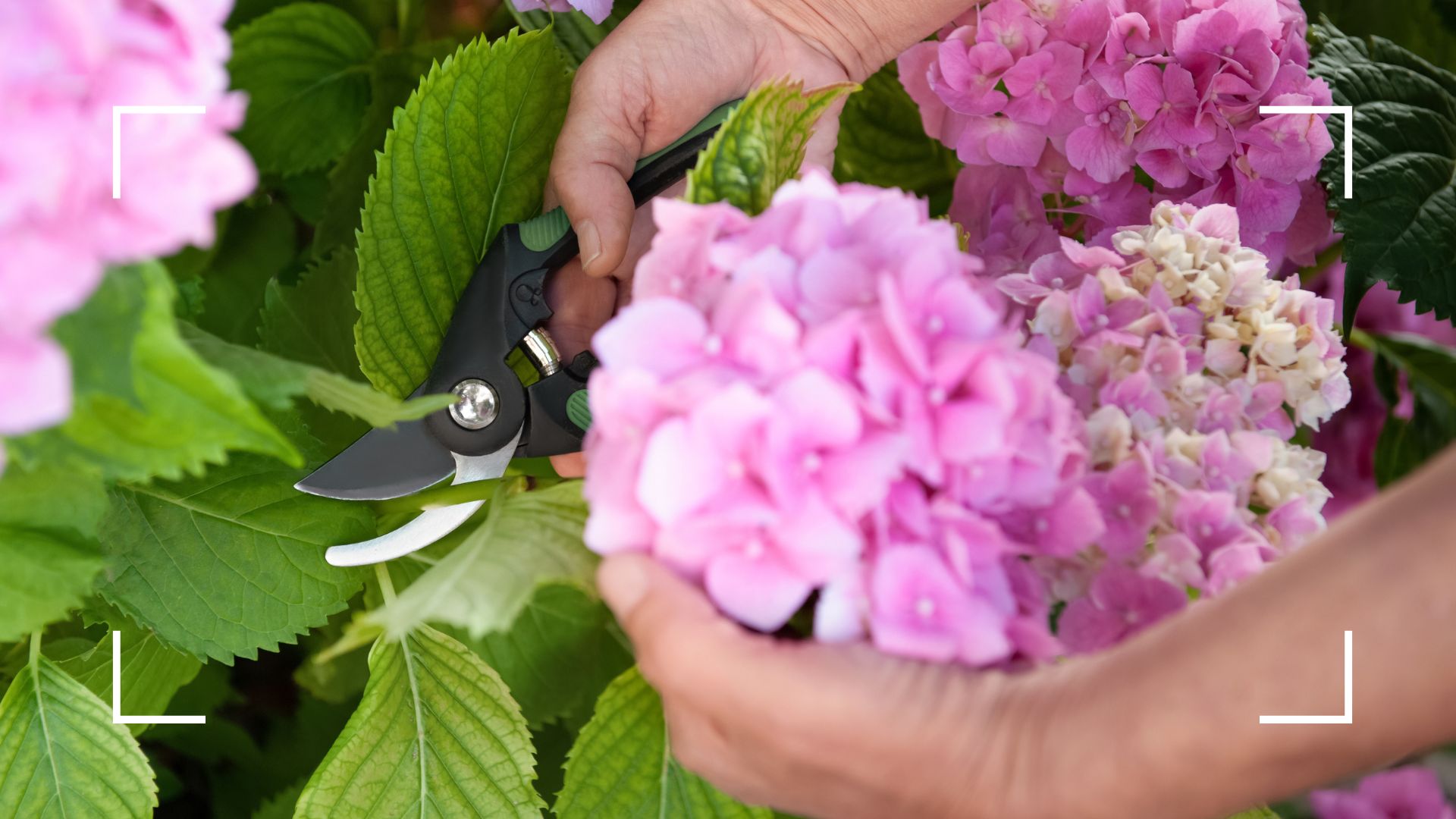

Want to get the most out of your hydrangea this summer? We asked plant experts how to take cuttings from the flowering plant to multiply its beauty in your garden.
Whilst garden trends may come and go, making the most out of what you've got will never go out of fashion. If you're looking for sustainable garden ideas then cuttings are a great place to start. Especially when it comes to hydrangea as they can provide some rather impressive plants and it's a super easy process.
With that in mind, here's how to maximise the reach of your hydrangea plants in your garden.
How to take hydrangea cuttings: an expert guide
From succession planting to making compost at home, finding ways to make your plants go further is a gardener's worst-kept secret, because it couldn't be easier. That said there are ways to improve the process, as we discovered when learning how to take hydrangea cuttings.
Tools you need to cut hydrangeas
The tools needed for the job are pretty similar to the essential tools every gardener needs. If you're up for the task these are the tools that the experts recommend having to hand:
- Clean, sharp secateurs
- Terracotta pot(s)
- Pencil or cane (optional to help with planting)
- Potting soil
- Pelite
- Watering can
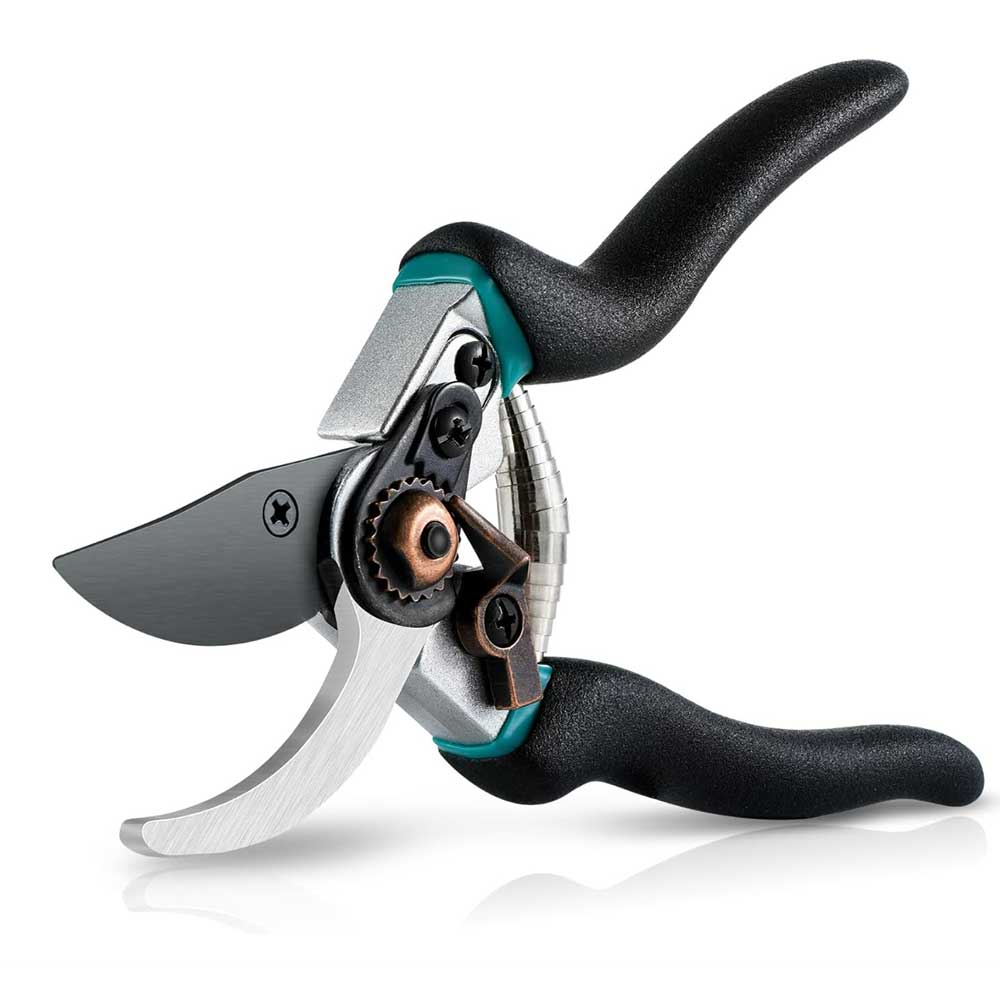
RRP: £11.99 | We recommend this sturdy pair of professional secateurs to get the job done safely, and with precision. This handy tool can be used as garden shears, branch cutters, flower cutters and tree pruning.
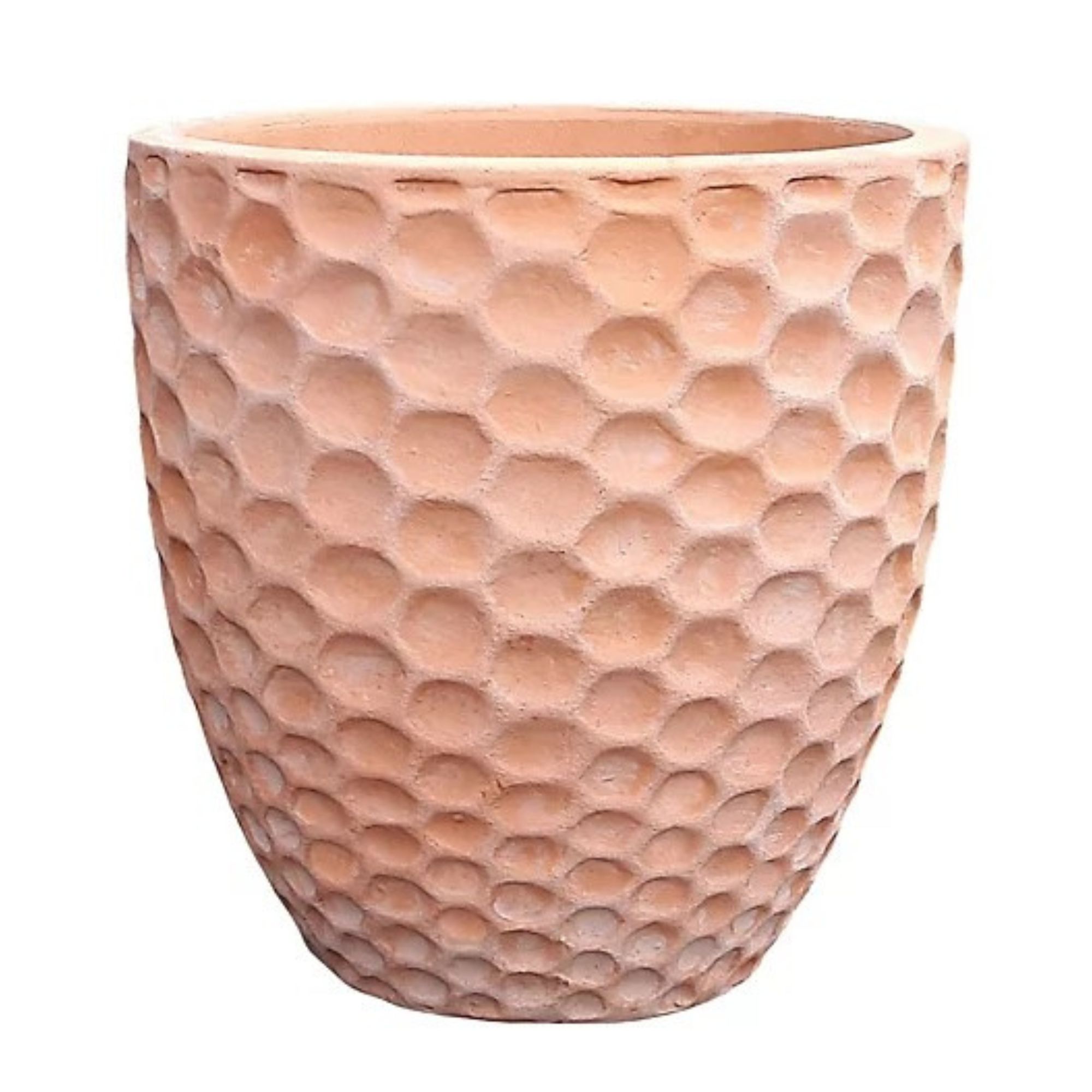
RRP: £34 | Looking for a stunning new pot addition to grow your cutting in? This 42cm honeycomb design pot will add a fun texture to any garden and is large enough to give your hydrangea all the growing room it'll need.
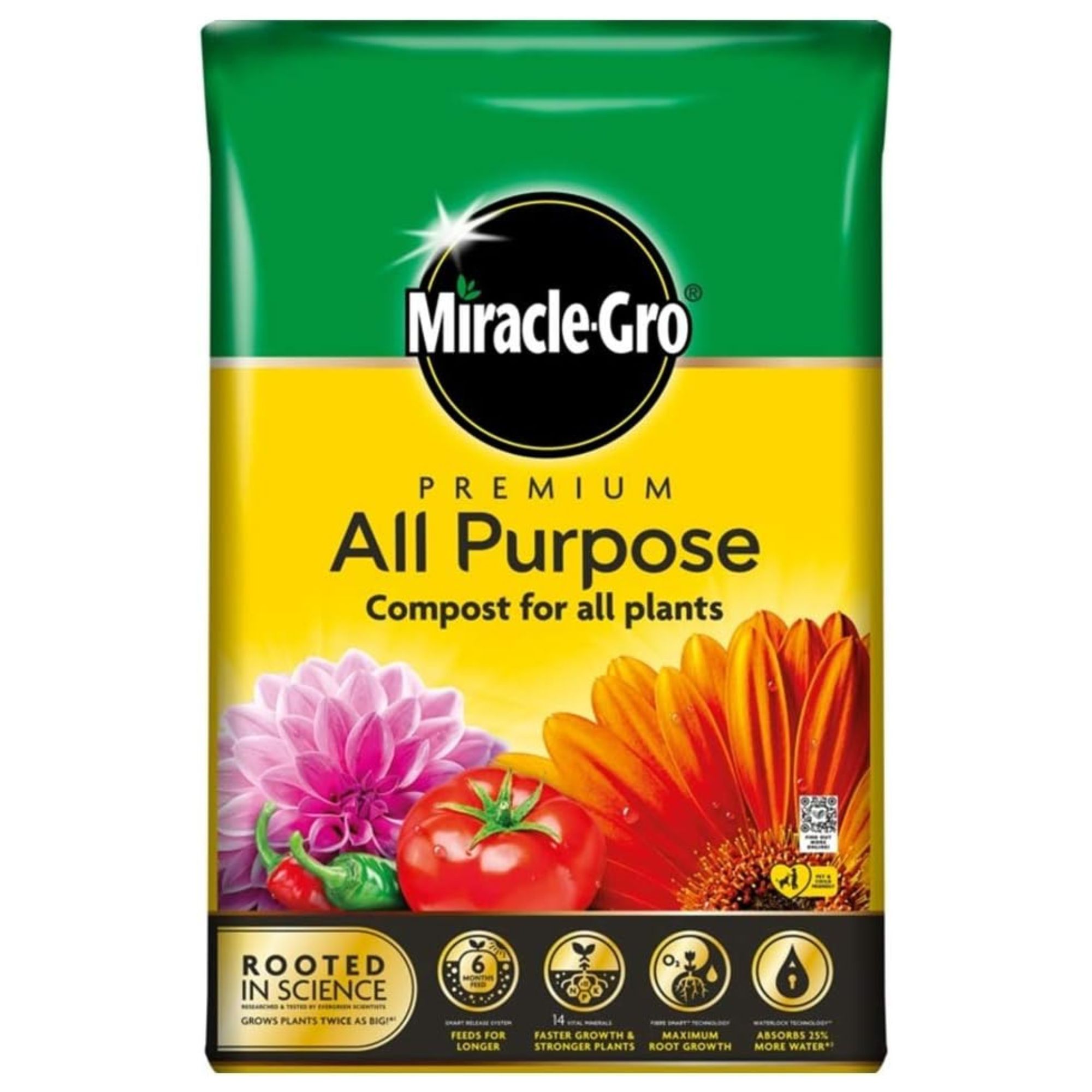
RRP: £9.71 | You can't pot your cutting without some high-quality soil to support it. This bag from Miracle-Gro is enriched with all the nutrients your plant will need to succeed from cutting to fully rooted.
1. Choose the correct place to cut
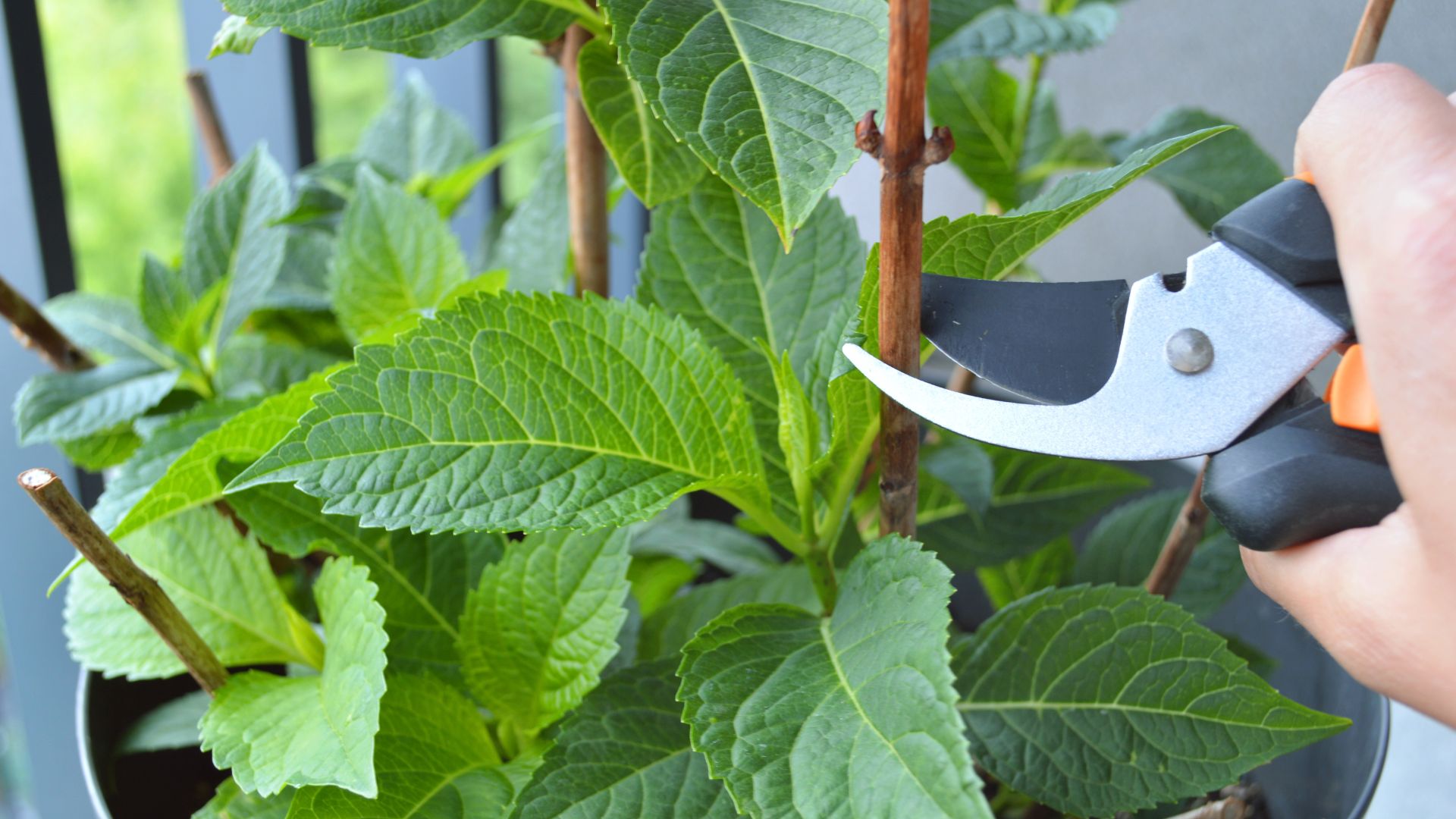
Where you cut makes all the difference. Gardening expert at MyJobQuote, Fiona Jenkins says, "Find the semi-ripe part of an unflowering stem on your existing hydrangea plant.
This is the part at the top of the stem which is pliable and flexible. Five or six leaf pairs down the stem, use a clean, sharp pair of secateurs to cut just above a leaf node. This ensures that you’re not leaving a bare part of the stem that will die back."
Sign up for the woman&home newsletter
Sign up to our free daily email for the latest royal and entertainment news, interesting opinion, expert advice on styling and beauty trends, and no-nonsense guides to the health and wellness questions you want answered.
2. Strip the stem of leaves
"Once you've got your cutting, cut off the soft tip on the top of the stem as this will likely wilt before it takes root. Fiona explains. "Remove around half of the sets of leaves on the cutting and it is now ready to be put into the compost.
"Prepare the compost by using a good loam-based soil mixed with some perlite for drainage."
3. Pot your cutting
"For the best results use terracotta pots for your cuttings. Fill the pots with the compost mix and level off the top. Shake the pot to settle the compost but don’t firm it down. Instead, tap the pot a few times on your potting table to remove any gaps in the soil."
Insert the cuttings into the soil and label them as to when they were planted, then water and place the pot in a sheltered part of the garden.
Check the cuttings once a week, watering them only if the soil has completely dried out. They should take around 3-4 months to take root, so be patient
FQAs
When is the best time to take hydrangea cuttings?
Just as you should know when to prune hydrangeas, the timing matters when it comes to cutting them too.
"The best time to take hydrangea cuttings is typically around late spring to early summer when the plant is actively growing. This allows for good conditions for root development and establishment before winter," explains Georgina O'Grady, managing director at Evergreen Direct.
So whilst hydrangeas are one of the plants to prune in February, it's a completely different story for cutting.
What are the benefits of taking hydrangea cuttings?
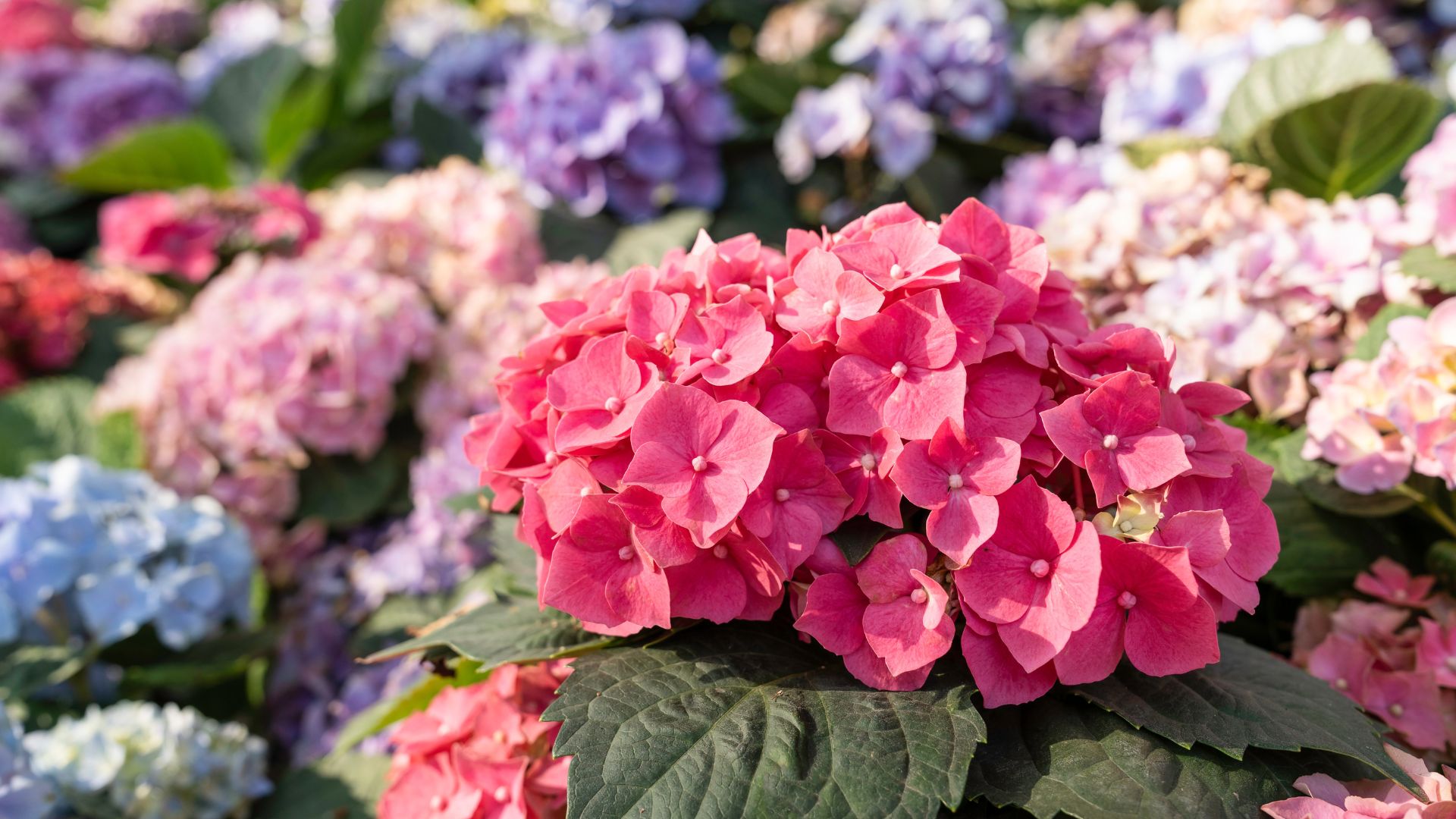
Although it can be tempting to leave your plants, a little interference now and then can make a huge difference not only for your plant's health but also its longevity. This is why knowing how to deadhead plants properly is so important.
Fiona explains the benefits of taking cuttings from your hydrangeas, she says, "There are numerous benefits to taking hydrangea cuttings, not least of which is that you can enjoy more of these beautiful flowering shrubs in your garden. You will also know exactly what it will look like as you have the parent plant."
It's also a great budget garden idea, as you're using a preexisting shrub to increase the amount of colour plants in your garden. There's no need to buy extra plants or seedlings! Fiona also points out how a hydrangea cutting can make for a thoughtful gift for your green-thumbed family member or neighbour.
Can you root hydrangea cuttings in water?
Unlike houseplant cuttings which typically will be placed in water, hydrangea cuttings won't grow well in water and are only successful when planted in soil. Fiona says, "Rooting hydrangea cuttings in water is not recommended as the roots that grow are not always strong enough to support the plant once it is transferred to soil."
If you want to try the water method then Fiona recommends putting the cuttings into a clear glass of water and making sure to change the water every few days. Should your cutting now show any progress then you can always transfer it to soil.
If you're looking to make more out of the rest of your garden, why not try out Monty Don's secret to keeping roses flowering longer? Your plants will thank you.

Emily joined woman&home as a staff writer after finishing her MA in Magazine Journalism from City University in 2023. After writing various health and news content, she now specialises in lifestyle, covering unique cleaning hacks, gardening how-tos, and everything to help your houseplants thrive.
-
 Dr Amir Khan reveals the 5 symptoms you should 'never' ignore, no matter how 'vague' they are
Dr Amir Khan reveals the 5 symptoms you should 'never' ignore, no matter how 'vague' they areDr Amir Khan, a GP who often appears on ITV's Lorraine, took to Instagram this week to share the symptoms he'll always take a second look at
By Grace Walsh
-
 Head to Hobbs for holiday-ready linen and the most elegant summer dresses you’ll find on the high street
Head to Hobbs for holiday-ready linen and the most elegant summer dresses you’ll find on the high streetWondering where to shop for a chic summer wardrobe? Hobbs has you covered
By Caroline Parr